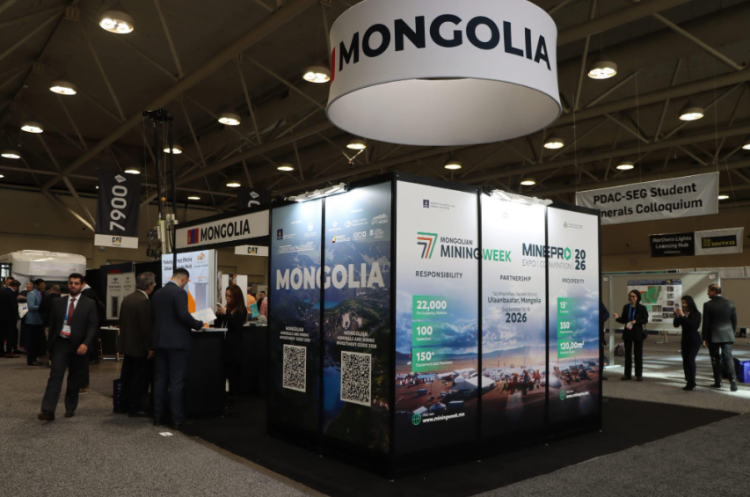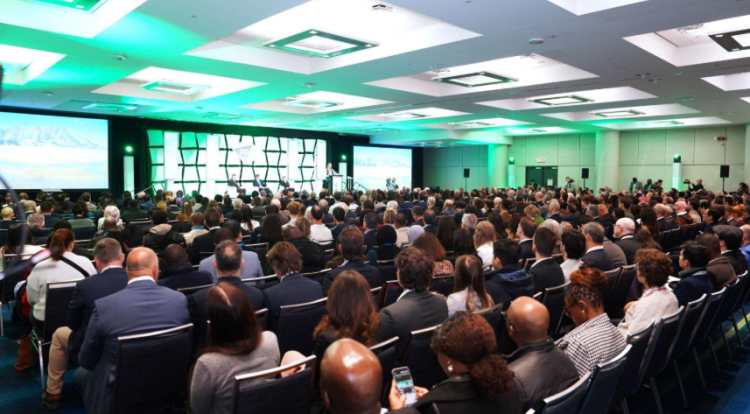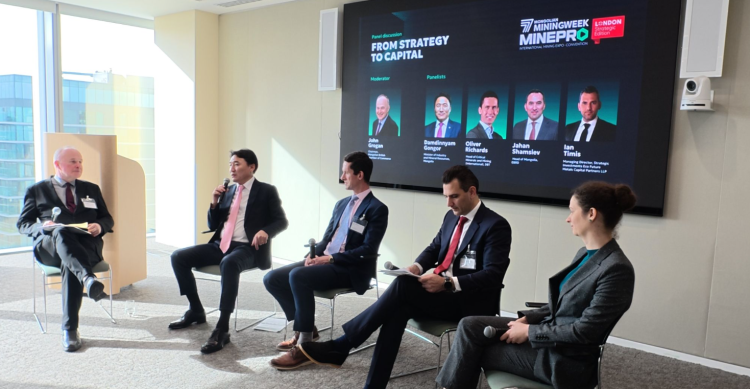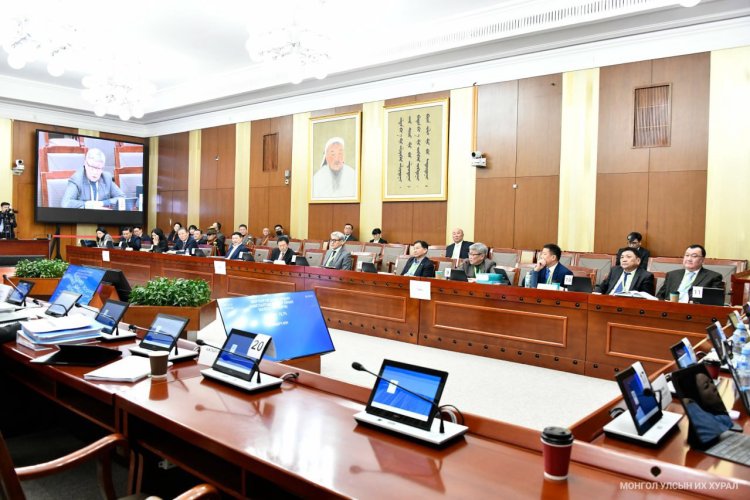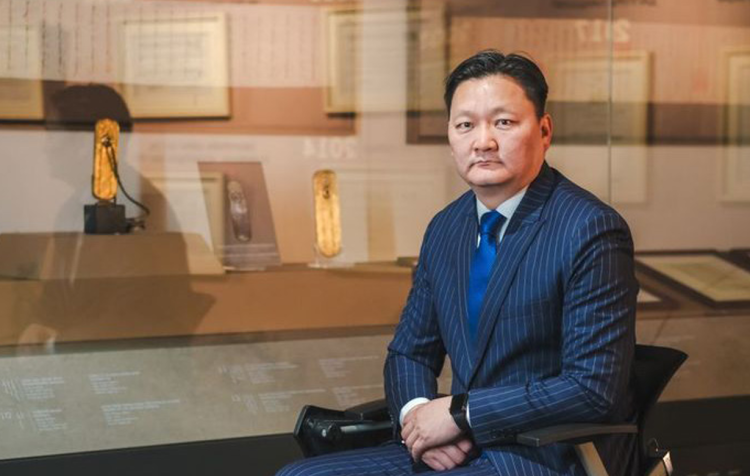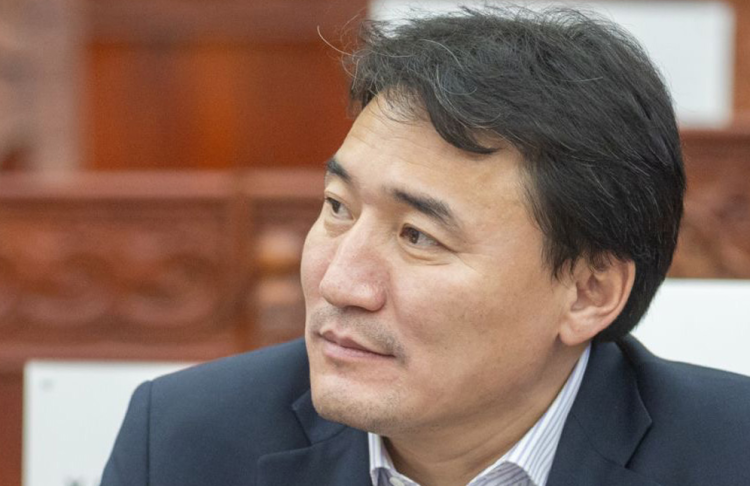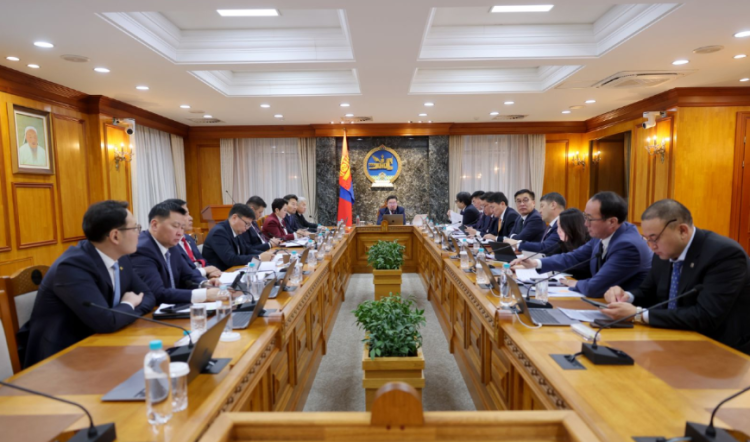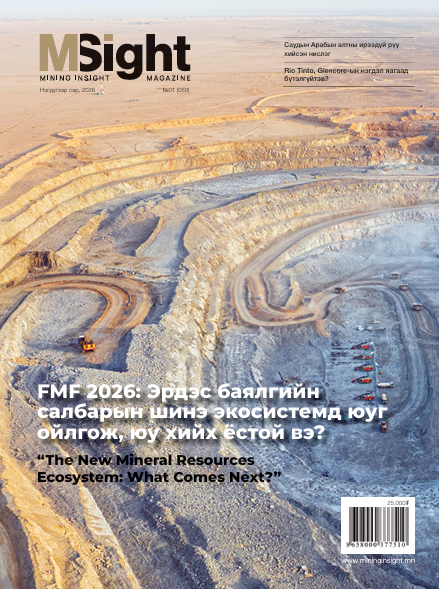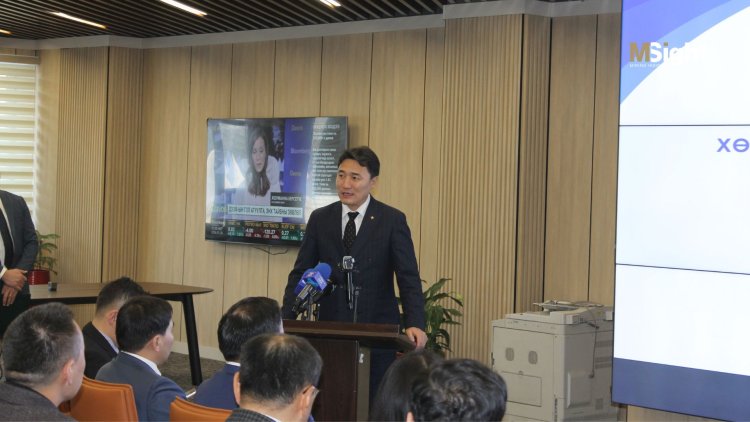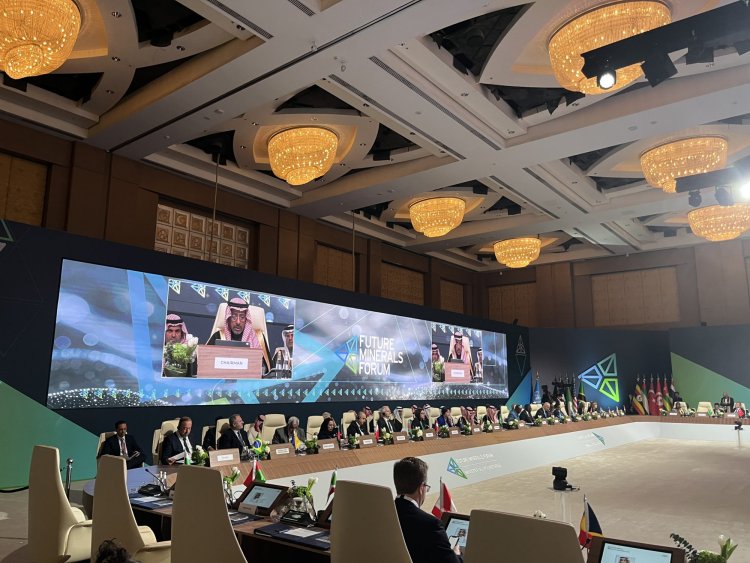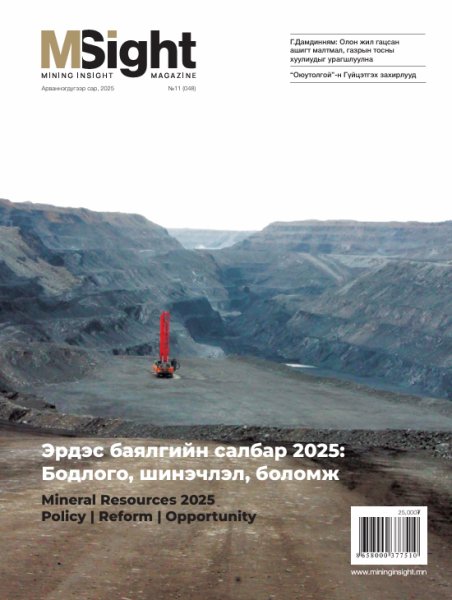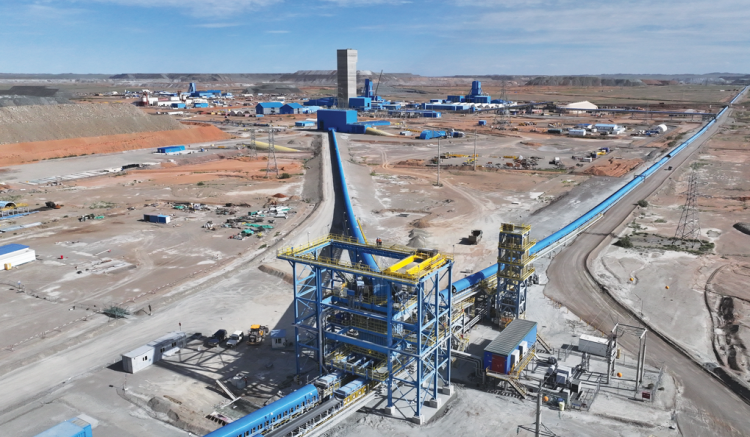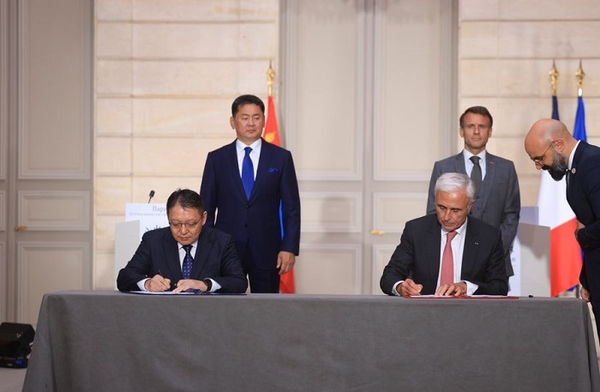 ARIUNTUYA. N
ARIUNTUYA. N
The investment in radioactive minerals will be detached from the Law on Nuclear Energy and incorporated into the Law on Investments.
The government is set to present the investment agreement (IA) to the Parliament in November. Approval is anticipated by December 15, following the establishment of a working group by the Parliament. Amarbayasgalan. D, Chief Cabinet Secretary and the head of the working group tasked with developing the joint venture draft between the Government of Mongolia and the French company Orano Mining, along with the Prime Minister of Mongolia, held a press conference after the President of Mongolia's visit to France. However, as December concludes, the process initiated by the Head of Government, who declared a deadline and created expectations, appears to be in a state of quietude. The working group has refrained from ssuing any explanatory statements. Subsequently, since the beginning of January, Orano's Head of Government may become more active. This speculation is grounded in a series of events. Firstly, 22 countries signed a declaration advocating for a threefold increase in nuclear power by 2050 during COP 28. Mongolia, although not utilizing nuclear energy, was one of the five countries endorsing the declaration.
Some posit that Mongolia's inclusion, alongside Morocco, Ghana, Moldova, and Poland, is linked to the economic revolution anticipated by the uranium project. However, beyond these factors, the primary impetus for expediting the negotiation of the IA is closely tied to the impending submission of a bill aimed at altering the legal framework governing it. The government plans to present a revised Investment Law to the Parliament in January. If the revised version receives approval from the Parliament, the IA will be subject to this legal framework. Notably, the revision involves segregating the matter of investing in radioactive minerals from the Law on Nuclear Energy and incorporating it into the Law on Investment. Upon assuming the role of Minister of Economy and Development, Khurelbaatar. Ch promptly brought up the need to amend the Investment Law. A revised version was swiftly formulated and submitted to the Parliament in June. However, during the autumn session, when the Standing Committee on Economy deliberated on the bill, the government withdrew it due to opposition, citing concerns of contradiction with the Land Law. The withdrawal of the bill has introduced ambiguity into the process. It is evident from the content of the preliminary protocol that the government has been working towards regulating the IA through the amendment of the Investment Law from the outset. Subsequently, a revised version, consolidating conflicting clauses into a single line, is poised for submission at the dawn of a new year. Following the revision of the Law on Investment, amendments to the Law on Nuclear Energy are also in the pipeline. Articles 30 and 31, which regulate the IA, will be repealed as they are now incorporated into the Investment Law.
According to Orano, the return on the Mongolian side should encompass all costs incurred in Mongolia, including those related to social responsibility, local purchases, and wages.
Concurrently, a working group was established last fall by the Minister of Education and Science to amend the Law on Nuclear Energy, and they have drafted a bill. The revisions in the Nuclear Energy Act appear to align with international experience and standards concerning radiation safety. In the context of this agreement, four legislative changes are under discussion. The remaining two pertain to amendments to the Minerals Law and the Wealth Fund Law. Uranium is a matter for the Commission on one hand and a mining issue on the other. Previous coverage by Mining Insight has detailed the changes to the Minerals Law, so I will refrain from reiterating them here. The primary modification involves the inclusion of radioactive minerals in the provisions of the Minerals Law. Simultaneously, adjustments are being made to ensure that the oversight and approval of ownership stake transfer and radiation control regulations remain under the jurisdiction of the Commission. Taken together, it becomes apparent that the process surrounding the uranium IA is a lot more complex than it may appear on the outside. Anticipated changes to the law are slated for submission to the Parliament next month. If the Law on Investments is approved, the authority of the Working Group in charge of the uranium IA will be transferred to Minister Khurelbaatar. Ch. Initially, discussions centered around Minister Khurelbaatar overseeing uranium IA. However, the government appointed minister Nyambaatar. Kh for the task, which was then transferred to Amarbayasgalan. D. Potential empowerment of Khurelbaatar. Ch may expedite the IA process. Conversely, if the revision fails to gain approval, it transforms into a challenge rooted in the current legal framework, specifically the Law on Nuclear Energy. However, since the law cannot comprehensively regulate the broad spectrum of issues
covered by the IA, the conditions for concluding the contract will remain unmet. As the changes in the legal framework related to the IA progress, there are lingering contentious issues that elude consensus within the Working Group. According to the two ministers leading the group, "the principle that 50+1 percent of the benefits of the project should be in Mongolia's favor aligns with the concept of the Constitution." The threshold of over 51 percent on the Mongolian side corresponds to the familiar figure 57. While the origin of this number remains unclear, it has also been referred to as 57 in the case of Oyu Tolgoi. Mongolia's stance is that it can adjust the ceiling to 57 percent and modify royalty and other taxes. Amarbayasgalan. D, Chief Cabinet Secretary and the head of the working group states, "The French side respected the Constitution of Mongolia and compromised to a certain extent on our proposal." However, the central disagreement revolves around what should and should not be encompassed within the 57 percent benefits to Mongolia, preventing a unified stance. According to Orano, the return on the Mongolian side should encompass all costs incurred in Mongolia, including those related to social responsibility, local purchases, and wages. The primary issue causing disagreement is whether the return on the Mongolian side should be measured solely by the amount of taxes, fees, and royalties paid to Mongolia.
Mining Insight Magazine, №12 (025)



